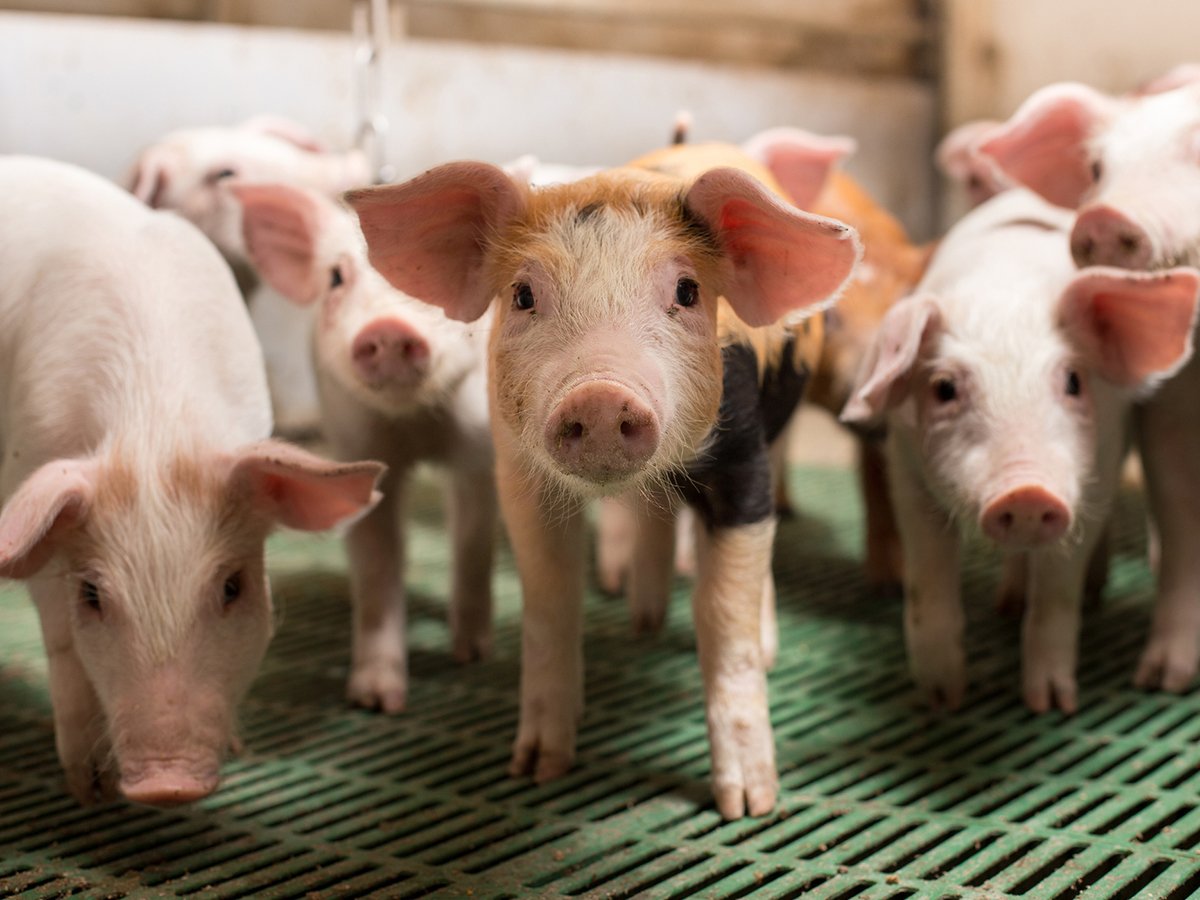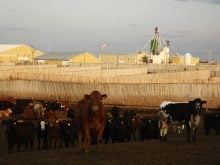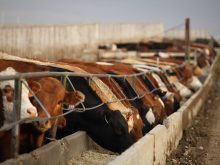Salmon, flax and eggs are all sources of the cancer-reducing omega 3 fatty acid. Now the beef industry wants to join the group.
The federal government has kicked in more than $300,000 to help boost health benefits of beef.
House of Commons agriculture committee chair and Manitoba MP James Bezan said the pilot project for the healthy beef will help open new niche markets for producers.
“It will provide Canadians with a healthy food product,” said Bezan.
Canadian cattle producers are facing challenges and developing a new market may help the troubled industry, he said.
Read Also

The Western Producer Livestock Report – October 9, 2025
Western Producer Livestock Report for October 9, 2025. See U.S. & Canadian hog prices, Canadian bison & lamb market data and sales insights.
The fatty acids omega 3 and conjugated linoleic acid are known to help reduce the risk of heart disease, cancer, diabetes and obesity. The pilot project is designed to develop a lipid-rich beef product similar to omega 3-enhanced eggs.
Cattle naturally have high levels of CLA when fed a diet rich in grass, flax and alfalfa. The challenge is developing CLA and omega 3-enhanced beef without affecting taste and quality, said Bezan.
“We also know our ag producers. They’ve always embraced new technology to help their next stage in value added,” he said.
Meanwhile, the Commons agriculture committee passed a motion objecting to a Credit Union Central of Canada calendar that recommends swearing off meat for at least one meal a week as an environmental measure.
The calendar is sent from CUCC offices in Ottawa as one possibility for credit unions across the country to give to their customers.
The issue was raised at the committee Dec. 12 by Saskatchewan Conservative MP Carol Skelton who saw the calendar at the Kerrobert Credit Union in her riding.
The calendar included an explanation that beef production is a heavy user of water.
“I was very concerned because this calendar, on one page the advice was given to eat a meatless meal once a week in order to help the environment,” she said. “I felt this is both misleading and based on false or oversimplified information.”
Skelton said part of the premise for the recommendation was a misreading of an American study on how much water it takes to create a quarter pound of hamburger.
The “discredited” American study had claimed 22 gallons of water and the credit union read that as 22,000 litres, said the MP. In fact, it is less than 15 litres, she said.
The vote was unanimous.














